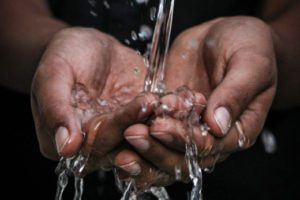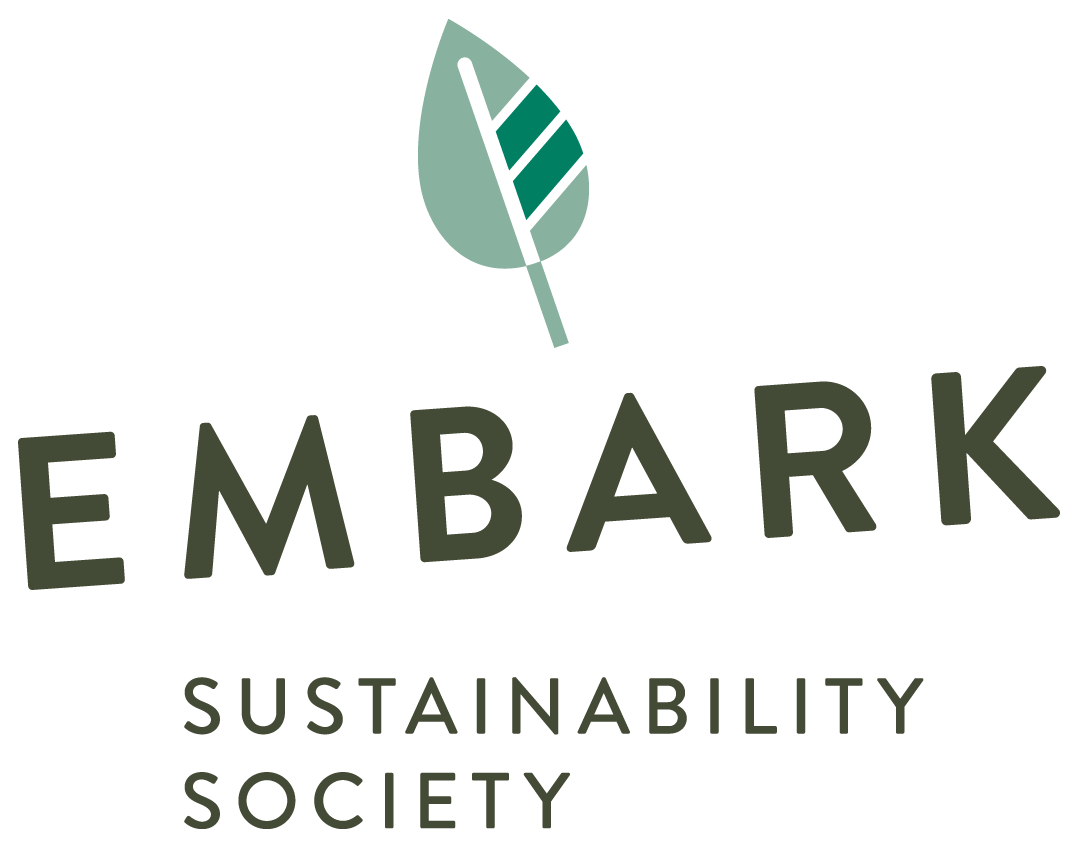The Water of Tomorrow
Chemical X
Minerals from our Earth’s crust were important ingredients of life’s recipe. Charles Darwin’s “warm little pond” vision – is being proved accurate; life was only possible in the presence of chemical X, in other words, water. In the same time, as we are coming to understand water’s essential role in life, we may be failing to realize that without it, there might not be any – life.
Our beautiful blue planet is unique, because it is the only planet we know with life as we understand, and it is also THE planet with water. Coincidence? I don’t think so.
Water and Us

Photo by mrjn Photography on Unsplash
Thanks to water, life and human development were possible at our unique blue planet. Early sedentary societies settled in strategic regions with easy access to freshwater to support their agrarian practices and start to build societies.
Up to 71% of Earth’s crust is covered by water, but only 2.5% is suitable for human use, and yet somehow nearly everything we do involves water. From our cup of coffee in the morning to our commute to school, and the clothes we use. The water involved in the production of goods is called “virtual water”, a name that can be really misleading, considering that such water is far from virtual and very close to an end.
There is simply no way to understand human development without considering water. In our modern economy, we rely heavily on water, in fact, 70% of freshwater use is on agriculture alone, and an ordinary American household of four people can use up to 400 gallons of water a day.
The biggest issue we face today is the severe damage our industrial economy poses on the resilience of Earth’s systems. As of today, 2.5 million people do not have access to sanitized water sources, and scientists predict that if we maintain our water footprints, we may be heading towards even more severe water scarcity.
Ok, so what do we do now?

Photo by Jong Marshes on Unsplash
The way I see it, we live in a very interesting time, when we can collectively reinvent our habitual practices. Along with climate change comes the opportunity to be creative and reinvent the terms of production and consumption.
As a society, we already begun the shift towards more sustainable practices. We have become more aware of the implied impacts of our regular activities, and some of us are working specifically on addressing our water issue. I’ll list some of these futuristic technologies below:
- Boiling point
By mixing ocean water with wood and adding heat, Jacob Isaac invented a method to distil seawater into potable water
- Post-modern Meteorology
Use of chemicals, wooden towers and evaporating pans to convert rainwater into drinking water
- Water Cannons
Mechanism of transporting water from wet to dry regions
These are just some of the innovating changes we can expect to increase our accessibility to freshwater, but I am an avid believer that no technology can outrace a shift in our own use of water, including the virtual water of our activities. Global change starts at our personal level, so what can we do to protect the very source of our existence?
xoxo
Giovanna
